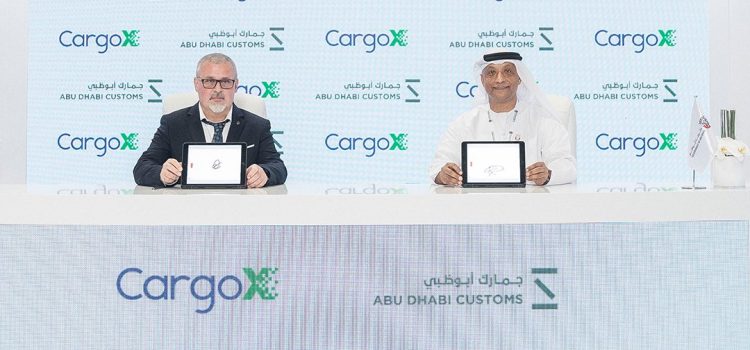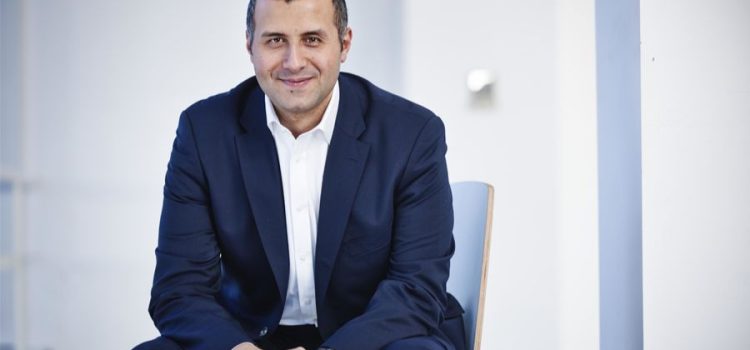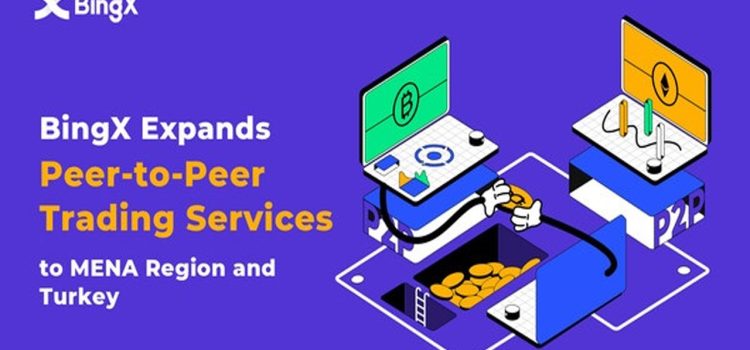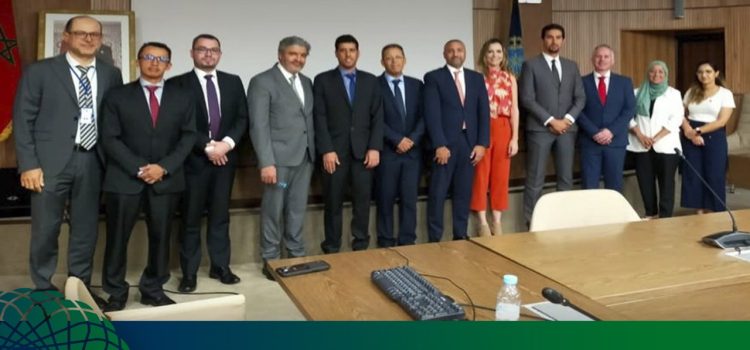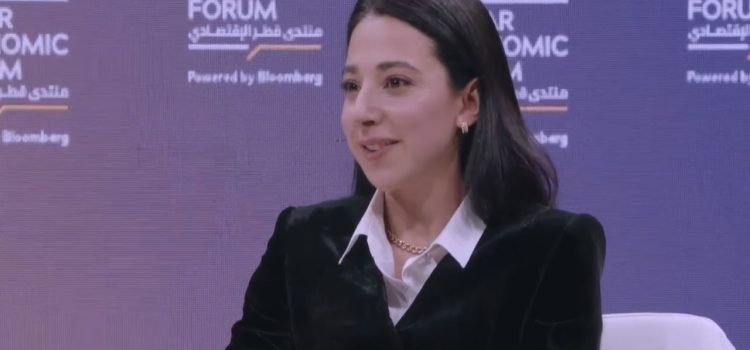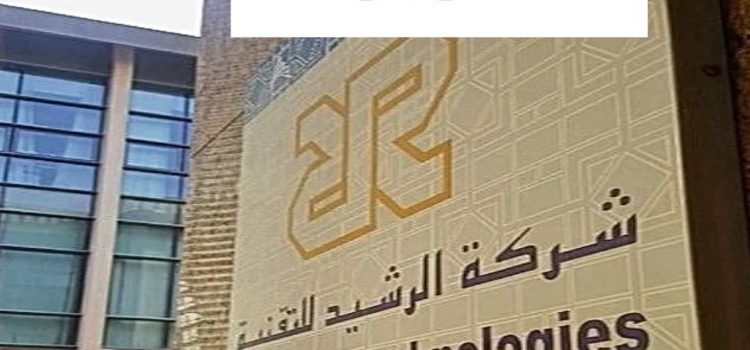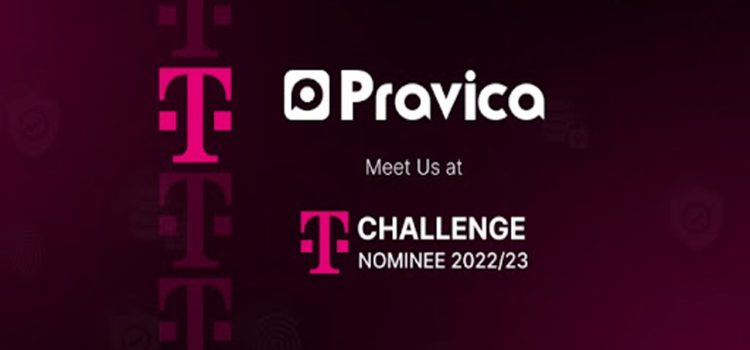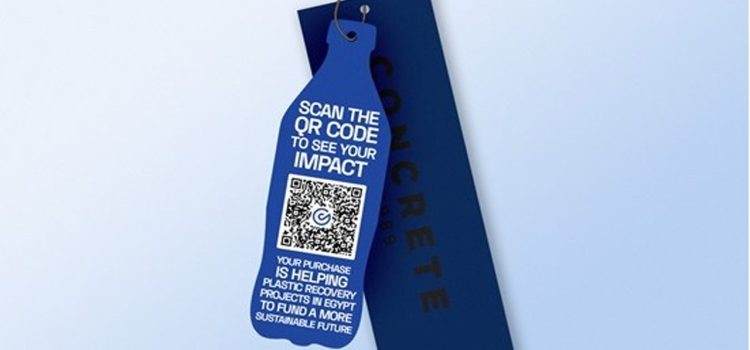AI and Blockchain enabled Tribal Credit, based in USA and founded by Egyptian entrepeneurs, which empowers SMEs in emerging markets through a comprehensive suite of financial products,payment tools will be expanding into Saudi Arabia, using a renewed and increased debt facility of $150 million with Partners for Growth.
Renewed through 2025, this upsized facility is not only a testament to Tribal’s remarkable credit performance but also an accelerator for the company’s ambitious growth plans in Mexico, Saudi Arabia and beyond.
As per the press release, this significant expansion will notably enhance Tribal’s presence in Saudi Arabia in accordance with applicable laws and regulations, serving as the core of its global expansion strategy. Further, it will fuel the company’s continued growth across Mexico and Latin America, enabling Tribal to bring more SMEs into the fold of its innovative financial services.
With over $200 million in funding from industry-leading investors like SoftBank, QED Investors, BECO Capital, Stellar Development Foundation, and Coinbase Ventures, Tribal is making strides in bridging the financial inclusion gap. Led by a team of accomplished entrepreneurs, data scientists, and banking executives, and recognized as a top fintech by leading industry bodies.
Over the past few years, Tribal’s diligent investment in credit processes, tools, products, and team has culminated in exceptional credit performance, even amid challenging market conditions. This achievement has facilitated a healthy revenue mix from both financing and payment products, reinforcing the company’s robust financial health and laying the foundation for sustainable growth.
Partners for Growth (PFG), a global specialty lending firm focused on emerging growth companies, highlights Tribal’s exceptional credit performance and sophisticated financial products. “Tribal Credit has consistently demonstrated strong credit performance even in challenging market conditions.
Their continued investment in the credit process, tools, and the team has paid dividends,” says Armineh Baghoomian, Managing Director, Head of Europe, Middle East and Africa, Co-Head of Global Fintech at PFG. “In addition, they have innovated and launched financial products that truly meet the needs of SMEs in emerging markets. We’re thrilled to extend our partnership with Tribal and excited to support Amr, Duane and the team as they continue shaping the landscape of financial services.”
Tribal has reshaped the financial landscape for SMEs in emerging markets by prioritising accessibility to credit and digital payments. In doing so, it has empowered a remarkable number of SMEs to fuel their growth, making a lasting impact in these markets. Throughout its journey, Tribal has facilitated a substantial volume of transactions via its corporate credit cards and B2B cross-border products, demonstrating its crucial role in empowering emerging markets.
“We’re delighted to fortify our partnership with Partners for Growth,” says Duane Good, Tribal COO and Co-Founder. “We emphasize building enduring relationships with our clients, and nurturing our ties with capital partners is equally essential.” Good, alongside Amr Shady, Tribal CEO and Founder, sees the enhanced debt facility as a testament to Tribal’s mission and potential. “This funding will equip us with the necessary resources to seize exciting market opportunities ahead,” Shady adds. “We’re eager to continue our journey of developing innovative tech solutions to help SMEs thrive in emerging markets, especially in Mexico and Saudi Arabia.”
In 2021, Tribal Capital received an initial $3 million from Stellar Development Foundation to advance blockchain products built on stellar. Tribal Credit first raised 5.5 million USD through an investment round led by UAE BECO Capital and Global Ventures.
At the time Amr Shady, Tribal Credit CEO stated, “Our entire mission is about empowering startups and SMEs in emerging markets with access to financial services. Our focus starts in Mexico, a country that will benefit from global accessibility to banking services previously only available to large corporations. By tapping into Stellar’s existing and growing network of anchors, we will be able to leverage existing digital assets to bring our customers with fast, affordable cross-border payments, credit card balance settlement, and other innovative features of the Stellar blockchain that will benefit our global users.”
In addition Mohamed Elkasstawi, Tribal Credit Co-Founder and Chief Strategy Officer who leads the blockchain vision, strategy, and execution also noted “We see blockchain, and our integration with Stellar specifically, as a strategic next step for our business, offering us the ability to provide cheaper, faster payments for our customers,” said. “Working with the Stellar ecosystem, we’ll be able to leverage the network to deliver on some of our most important use cases — like facilitating cross-border payments between businesses in previously underserved markets. This is only one of many exciting blockchain projects we’re working on in partnership with SDF.”










